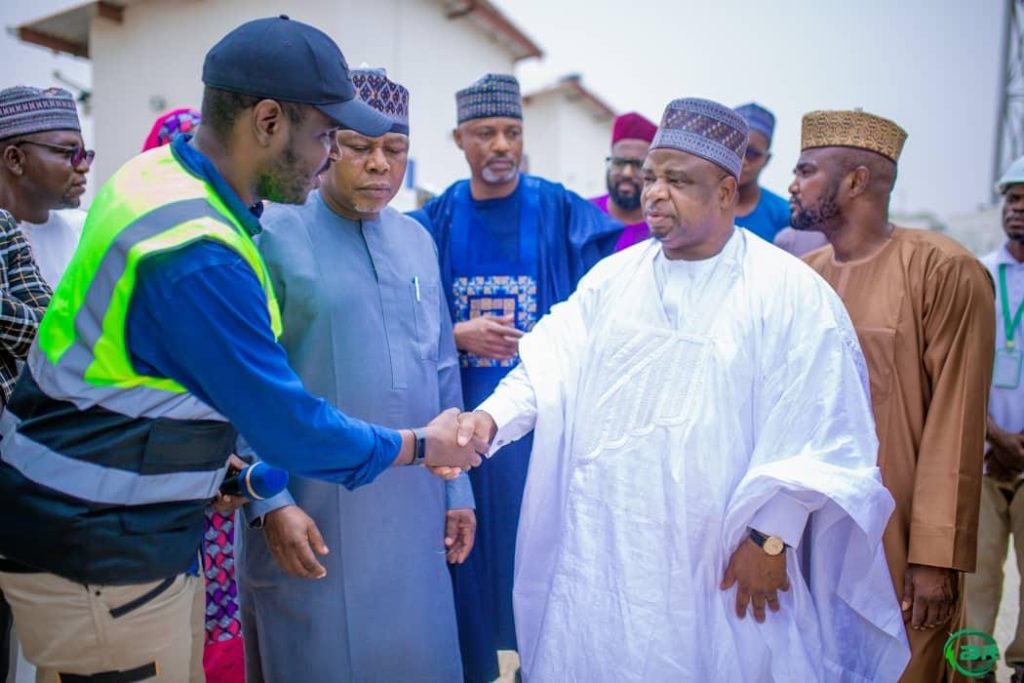By Hussaini Ibrahim
As part of its oversight responsibilities, the House of Representatives Committee on Privatisation and Commercialisation, led by its Chairman, Rt. Hon. Engr. Hamisu Ibrahim Chidari, paid a working visit to Bagaja Renewables’ 1MWp interconnected solar mini-grid facility in Zawaciki, Kano State.
The visit aimed to assess the progress and impact of private sector-led infrastructure in Nigeria’s post-privatisation power sector.
The Committee toured Bagaja’s cutting-edge facility, which is designed to improve distribution efficiency, stabilize the grid, and expand energy access in underserved communities.
Chairman Chidari lauded Bagaja’s efforts, describing the project as a “strategic and innovative approach to power generation and supply.”
“This project clearly illustrates the potential of public-private partnerships in addressing Nigeria’s long-standing electricity challenges,” he said. “We are highly impressed by the level of professionalism, innovation, and commitment demonstrated by Bagaja.”
He also stressed the importance of broader stakeholder support for renewable energy initiatives, highlighting their critical role in decentralizing power supply and reducing dependence on the national grid.
Mr. Sadiq Zakari, Managing Director of Bagaja Renewables, led the Committee’s tour and reaffirmed the company’s dedication to delivering clean, consistent, and scalable energy solutions across Nigeria.
“At Bagaja, our mission is to bridge the energy access gap through sustainable and reliable infrastructure,” Zakari said. “The Zawaciki mini-grid is a testament to our vision for transforming the nation’s energy landscape.”
Zakari also spotlighted Bagaja’s growing portfolio, including ongoing developments at Kura-Karfi in Kano, which aims to power local businesses and stimulate economic growth, and the Kafin Hausa project in Jigawa State, which has completed its fencing phase and is progressing steadily toward full deployment.
The Committee’s visit underscores the importance of collaboration between government institutions and private energy firms in advancing Nigeria’s energy security and sustainability objectives.
